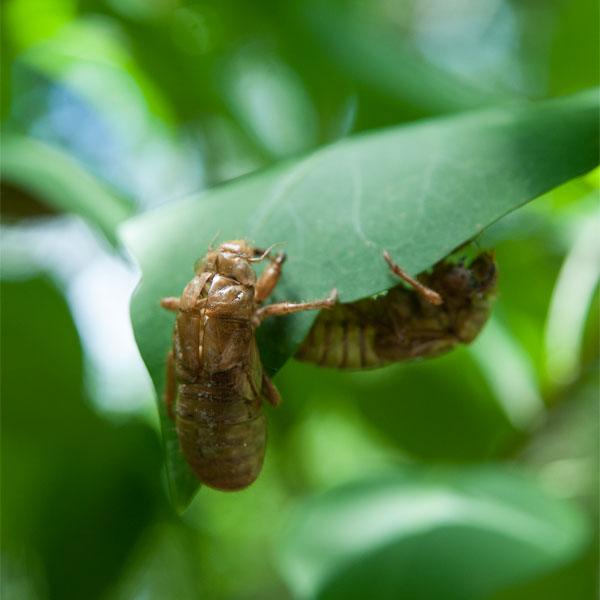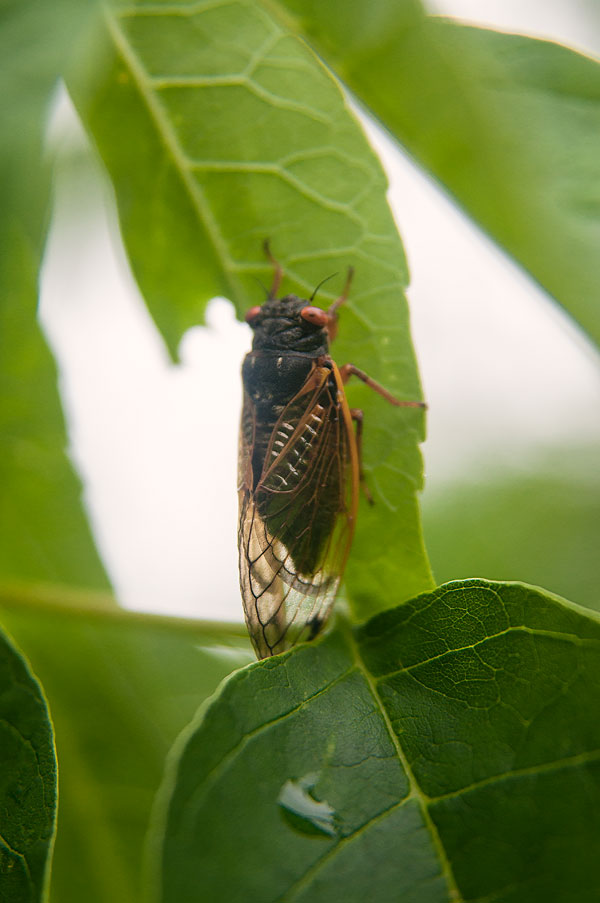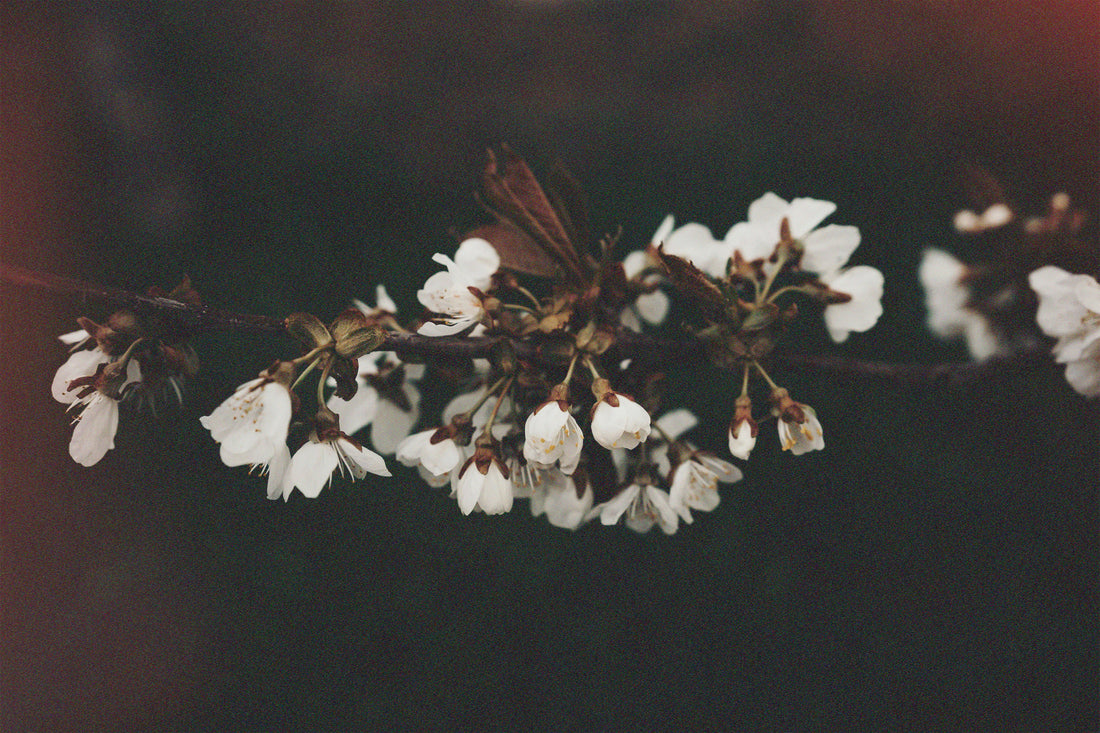By John P. O'Grady - Originally published on MountainGazette.com in 2017. Republished here for readers of our Sunday email newsletter.

Dead of winter in the Hudson Valley. Nights are long and harrowed by arctic wind. The river is choked with ice. I look at the snowy hills with their bare trees and cold castles of a bygone gilded age. One of them belonged to the landscape painter Frederick Church, another to a beer baron whose name means nothing to anyone anymore. News on the radio of an old folks home in the far north burned to the ground, many lives lost. For no reason, memories suddenly arise of last spring’s return of the magicicadas.
“Return” is a curious word to use when speaking of these insects. Magicicadas—more commonly known as periodical or seventeen-year cicadas—hardly move from the spot where they come into being. They hatch one summer from eggs deposited in the young twigs of overhead trees. The nymphs immediately drop to the ground, where they burrow in for the long haul. They spend the next seventeen years down there in the dark earth, feeding on the juices that flow through the roots of trees. Over the course of their underground lives, the nymphs develop through various instar stages, until one day, all together—in numbers exceeding a million per acre—they tunnel up to the sunshine, climb a tree, and sing a song. Then they mate and lay their eggs in the same fashion as their progenitors, and die. The next generation repeats the cycle. On it goes. Periodical cicadas appear to be as faithful to their birthplace as the trees that incubate them.
In the Hudson Valley last year, the cicada nymphs emerged at the end of May. They put off childish things, shed their exoskeletons, grew wings, and made their way, however inelegantly, toward the sun. They arrived at last in high, green canopies along the edges of fields and in the middle of suburban yards, where they unleashed their otherworldly choiring. The woods and fields were at once a-roar with a Dionysian fury. The sound was deafening. It went on for weeks. A humid enthusiasm seemed to possess the landscape.
When this great dalliance of the insect kingdom finally came to conclusion near the end of June, the spent bodies of cicadas lay in numbers untold upon the ground in great drifts of fetid decay. The world resumed its ordinary summer volume, and it sounded lonesome as any winter. A philosopher of old observed that when it comes to life, you should continually strive for summer lest it always be winter around you. He must have been listening to cicadas when he came up with that advice.
Today the January sky is the color of a stainless steel coffin. Yet the days are noticeably longer, and soon they’ll be warmer. Spring is in the offing. But it will be a cicada-silent spring, a spring that does not so much beckon as lurk in some dark recess, keeping company with instars of greed, anger, guilt, and the dread of one’s own mortality.







